Daniel Zovatto unpacks the election crisis in Honduras, which has raised serious doubts about the country’s future governability and stability. This piece was originally published by International IDEA.
Official results of the November 26 Honduran presidential elections have taken almost one month to be released. A nearly 30-day-long nightmare recount ensued, reminiscent of the past. There have been accusations of fraud, as well as suspicious computer outages, disturbances, and curfews, and the institutions have been seriously discredited – not just the electoral ones. The results announced by the Supreme Electoral Tribunal (TSE) have the incumbent President Juan Orlando Hernández of the National Party as the winner. A conservative, his victory over Opposition Alliance leader Salvador Nasralla was quite slim – only 1.5 points, 42.9 per cent to 41.4 per cent. These results not only fail to clear up questions, but also raise serious doubts about the country’s future governability and stability. Nasralla stated that if the electoral authority declared Hernández the winner the country would become ¨ungovernable¨.
These elections have deepened the climate of polarization and tension that has existed since the 2009 crisis, and have demonstrated, once again, the deficient operation of the institutions tasked with safeguarding the proper functioning of democracy. In 2015, a controversial legal interpretation by the Supreme Court of Justice, very close to the party in power, allowed for a breach of the Constitution – which did not allow reelection – paving the way for Hernández to remain in power. Now in 2017, the sluggishness and opacity of the TSE have increased suspicions of manipulated results.
Election night became a clear example of this tension and distrust toward the institutions. Both candidates declared themselves the winner and Nasralla’s supporters took to the streets to celebrate the victory before the TSE issued a statement. The first official returns and the subsequent recount only added fuel to the fire. European Union and Organization of American States (OAS) observers did not hesitate to criticize the TSE for “leaving room for doubt and uncertainty.”
The Consolidation of a Political Culture of Tension
The country is in the midst of a new stage of its political history that began in 2009, marked by the preeminence of the National Party, and, since 2013, the leadership of Juan Orlando Hernández, the first Honduran president to seek reelection since the return to democracy in 1981. This hegemony has come about in a context of deep polarization and tension, two elements that have become an integral part of Honduran political culture since the 2009 institutional crisis.
Whereas the Liberal Party was in power for 20 of the 28 years from 1981 to 2009, since 2009 the National Party has strung together three consecutive electoral triumphs (2009, 2013, and 2017), thus building a new hegemony. This predominance hides a gradual deterioration of the traditional parties (National and Liberal), which until 2009 garnered nearly 90 per cent of the vote but now captured less than 60 per cent.
These elections have deepened the rift dividing the country. To the pro-Zelaya vs. anti-Zelaya dichotomy of 2009 to 2013 has been added the division between Hernández’s supporters and his opponents. Those against Hernández reject his style of government and his intention to remain in power, which led them to join the Opposition Alliance Against the Dictatorship. This was the first time that a coalition candidate had run for president, in this case uniting the charismatic leadership of Nasralla and two leftist parties, the Free Party of former president Manuel Zelaya and the Innovation and Unity Party.
The Honduran Elections in the Latin American Context
These Honduran elections, like the elections in Chile, have laid out some of the characteristics of upcoming elections in the region in 2018 and 2019.
First, most of the elections end up being votes to punish the governing party. In Chile, Alejandro Guillier obtained the worst vote of any candidate from a governing party since 1989 and in Honduras more than 57 per cent voted against the reelection of Hernández.
Second, polarization is becoming a signature feature of Latin American elections. Tight margins of victory of less than two points are a dominant theme (with the exception of Nicaragua). Elections in Argentina in 2015, Peru in 2016, and Ecuador and Honduras in 2017 all fell within this range.
Third, the victories of Sebastián Piñera in Chile and Hernández in Honduras reinforce the pivot toward the center-right in a region where the left also wins (Nicaragua in 2016 and Ecuador in 2017).
Fourth, the crisis facing the traditional parties—support for the Liberal Party of Honduras sunk to 14 per cent, its worst result since 1981—goes hand in hand with the emergence of electoral coalitions challenging the hegemonic parties, such as the Opposition Alliance in Honduras, Por México al Frente, Mesa de Unidad Democrática in Venezuela, the PLRA-Frente Guasú coalition in Paraguay, and Cambiemos in Argentina.
Fifth, corruption—along with insecurity and the economy—is becoming the main issue around which electoral campaigns will revolve. That was one of Salvador Nasralla’s main rallying cries in 2013 when he founded the Anti-Corruption Party, and again with the Opposition Alliance in 2017.
Sixth, the trend toward reelection remains a constant in the region. Following Daniel Ortega’s reelection in 2016, Sebastián Piñera in Chile and Hernández in Honduras were reelected in 2017. It is quite possible that in 2018 and 2019 there will be more attempts at continuismo (Nicolás Maduro, Evo Morales, Mauricio Macri) or a return to power (Lula da Silva).
Finally, the “Trump effect” is reaching a region that has seen the emergence of candidates from outside the traditional parties who, such as Nasralla, are high-profile media figures; who deliver a polarizing and demagogic message strongly criticizing the political system and the parties; and whose main platform is fighting the corruption of the traditional political class.
Conclusions
The 2017 presidential elections have left Honduras even more divided and its institutions and governability damaged. Again, as in 2009, the country finds itself in the midst of a grave political crisis that reveals its historical and chronic institutional weakness, high levels of corruption, and the lack of a competent, independent, and impartial electoral authority respected by all political forces.
First, in 2015 and 2016 laws and institutions were manipulated for the sole purpose of maintaining the current president in power. It is yet another example, such as Daniel Ortega’s Nicaragua, of the high degree of capture and cooptation of some institutions. Rather than improve this outlook, the 2017 elections have done just the opposite; the long delays and irregularities in the vote count have raised very serious suspicions of fraud, and the subsequent review of tally sheets and recounting of votes have not helped bring about legal certainty or political credibility.
The Honduran elections show that in elections “what counts is the count of who is counting,” and that a calm election day is not enough to consider the vote valid. It is also essential to have a fair and balanced electoral process, transparent counting and transmission of results, and an impartial electoral authority. Indeed, the OAS has proposed repeating the elections and its Observer Mission has reported that there were “deliberate human intrusions in the computer system, intentional elimination of digital traces,” open ballot boxes, and “extreme statistical improbability with respect to participation levels within the same department,” raising doubts as to the outcome.
Looking toward the future, this serious political crisis in Honduras demonstrates the urgent need to undertake a broad political dialogue aimed at implementing deep political and institutional reforms that include, among other measures, changes to electoral rules and a new, professional, and depoliticized electoral authority with no party affiliations.
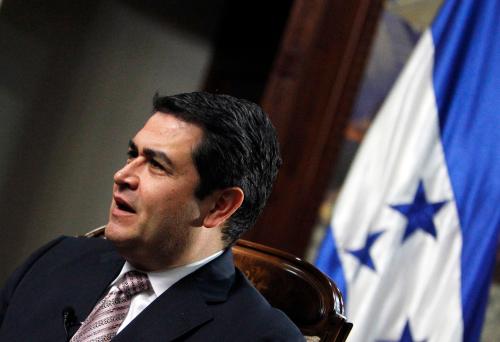
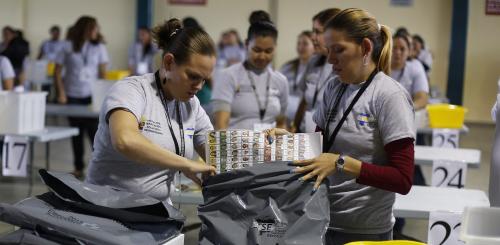

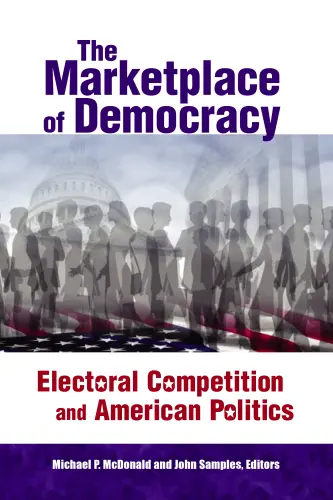
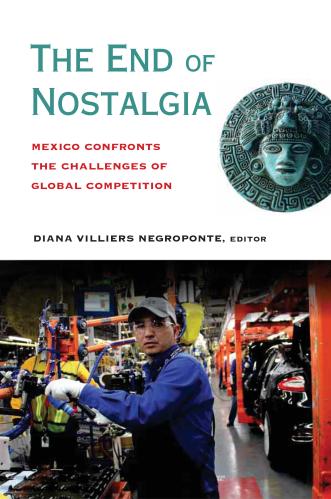
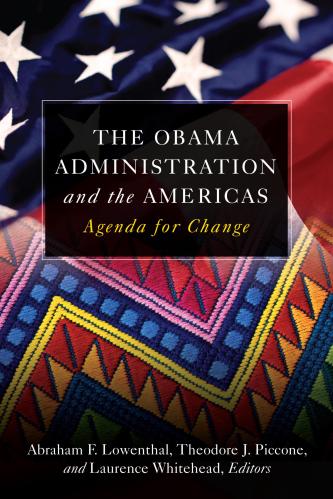
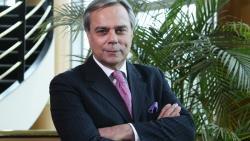
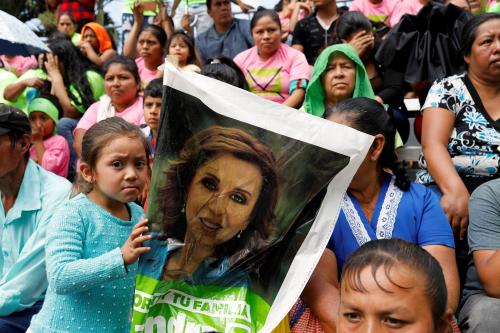
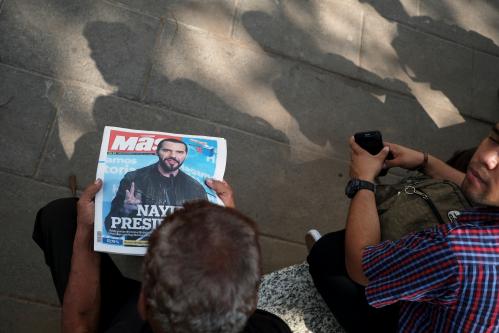
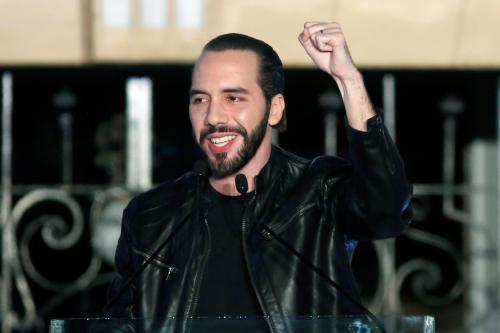
Commentary
Op-edHonduras: Reelection, institutional weakness, and threat to governability
December 22, 2017